It seems kind of wrong that we’re only at mid-June and the All-Ireland hurling championship is more than two-thirds completed.
Last weekend’s final rounds of games in the Munster and Leinster championships brought the number of matches played to 20, with the conclusion in the east especially thrilling. While Munster’s final day wasn’t as absorbing, it’s worth remembering that, last year, the three qualifying spots were decided before the final round whereas there were spots up for grabs this time around.
Against that is the fact that only nine games remain – the two provincial finals, the two preliminary play-offs featuring the Joe McDonagh finalists, two quarter-finals, the two semi-finals and the final on August 18.
Proposal
Twenty games in 36 days, followed by nine in 43 – it’s something of a shame that it’s all so front-loaded. One potential suggestion for a greater number of fixtures later in the campaign would be to adopt a ‘Super Six’ as was used in past iterations of the 10 team Cricket World Cup. Like the hurling, three teams progressed from two pools of five, keeping their results against the other two sides in their pool and then playing the three teams from the opposite pool.
From there, you could have the top two progressing to the final, or the top four going into semis or top one in the final with second playing third for the other spot. That’s a debate for another day, though of course when championship structures are debated, in ‘quiet time’ in terms of on-field action, people are less exercised.
Intrigue
There was certainly enough intrigue on Saturday night as a helter-skelter evening ended with Galway, champions in 2017 and beaten finalists last year, left without a chair when the music stopped. When we outlined the various permutations involved last week, it seemed unlikely that the only one of the nine to eliminate Galway – defeat to Dublin and a draw in Wexford Park – would transpire, but it’s exactly what happened.
It was quite the come-down for the Tribesmen just a week after winning in Kilkenny but such is the nature of a round-robin competition. It’s the thin end of the wedge for Galway, who for years went straight into the All-Ireland semi-finals – as pointed out by Pat Nolan of the Irish Daily Mirror, it was their earliest championship exit since 1965, during their brief incursion into the Munster championship.
Of course, it’s unfair to look at the outcome through the prism of a Galway exit. Dublin went into the game in Parnell Park knowing that they had to win to keep their championship alive and, when the need was greatest, the produced their biggest performance.
Mattie Kenny’s side will now be strong favourites against the winner of the Joe McDonagh final between Laois and Westmeath. If they overcome that test, they will have momentum against the beaten Munster finalists, though right now it doesn’t seem like it would be a surprise if that decider between Tipperary and Limerick is the second meeting of three between the counties in this year’s championship.
Munster
Having been on the outside looking in last year, Tipp were determined not to let that happen this time and all before them have been swept aside, even if there was something of a phony-war element in Thurles on Sunday.
Limerick’s defeat wasn’t costly for them – they’re still in the Munster final – and it was Clare left ruing the result more, as they needed a Limerick win as well as a victory of their own against Cork. Ultimately, the heavy defeats to Tipp and Limerick were what cost the Banner County in the end – proof, if it were needed, of the importance of not letting an opponent get away from you when are up against it.
Cork will enter the same stage as Dublin, meeting the loser of the Laois-Westmeath game, and we still don’t know exactly how good or how bad the Rebels are. Given that they knew a win in Cusack Park would have put them in the final and they couldn’t beat a Clare side coming off two bad losses, it would appear worrying, but then Clare were never going to lie down for a third time and winning Munster the past two years hasn’t proven to be especially beneficial for Cork.
They will have a chance to regroup and build up a head of steam before facing Kilkenny or Wexford, who will be doing battle in a Leinster final for the first time in 11 years. Nearly all of the safety-nets are gone and now the real stuff can begin.
Hoping for more of the same from the provincal finals
One down and three to go in terms of provincial football finals, with Roscommon’s win over Galway last Sunday having set a relatively high bar.
The fear is that that could be followed this weekend by a trio of one-sided games as Kerry travel to Cork, Donegal clash with Cavan and Dublin take on Meath. A treble bet on the favourites will give you only slightly more than 50 percent on your return.
Last year, Kerry had 17 points to spare on Cork in Páirc Uí Chaoimh, though this time round there are more positive noises from the Rebel camp even allowing for relegation from Division 2. Whether their improvement will be enough to bridge the gap is another question but even if there is another away win, Cork will face into the qualifiers in better shape than in 2018.
Cavan have certainly earned their place in the Ulster final, their first since 2001, and the task will be to ensure that nobody is overawed by the occasion against a hardened Donegal side. Recent experience of Division 1 was cited as a factor in seeing off Armagh and they will surely relish the challenge in Clones.
Meath remain the last team to beat Dublin in the Leinster championship but that was all of nine years ago and the Dubs’ grip on the provincial title hasn’t looked like being lessened at all in the interim.We don’t see that changing on Sunday, either, given how the semi-finals went, but you never know.



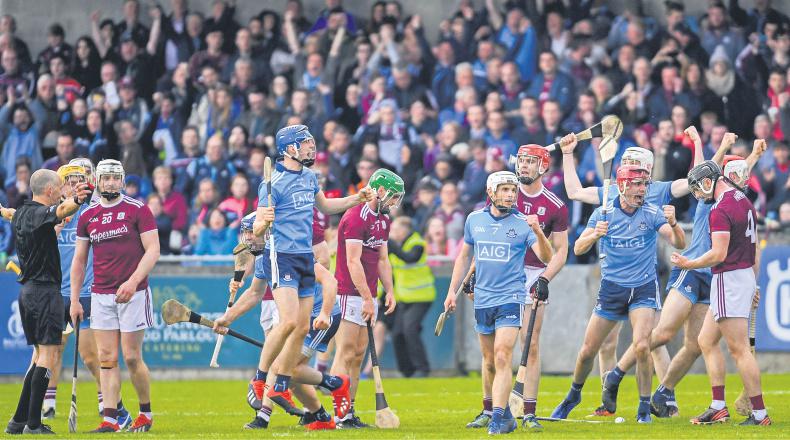

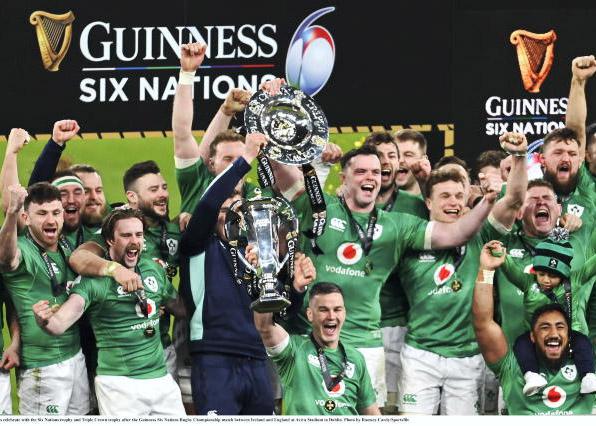

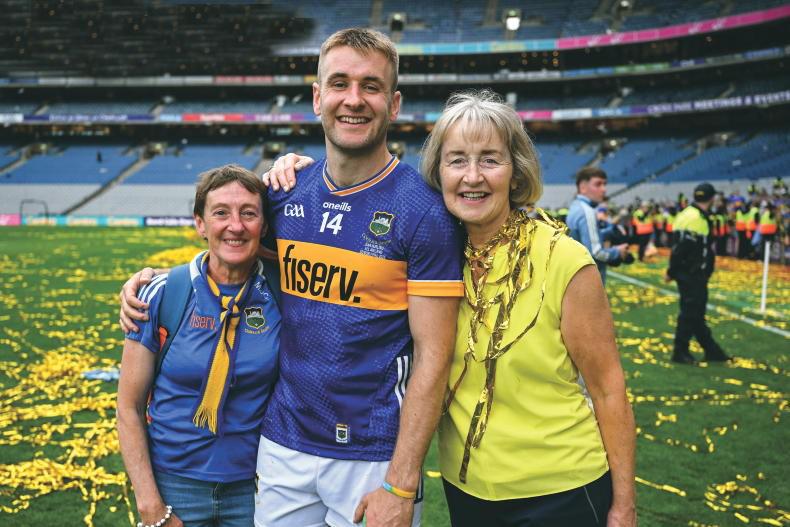
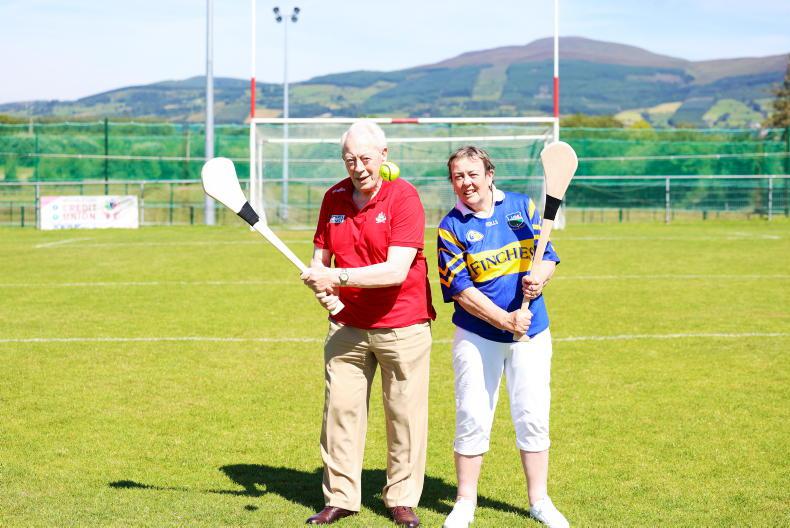
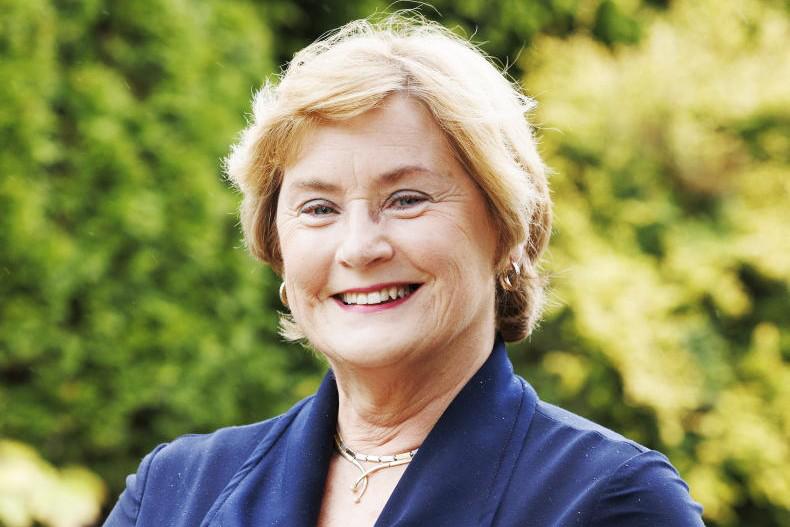
SHARING OPTIONS